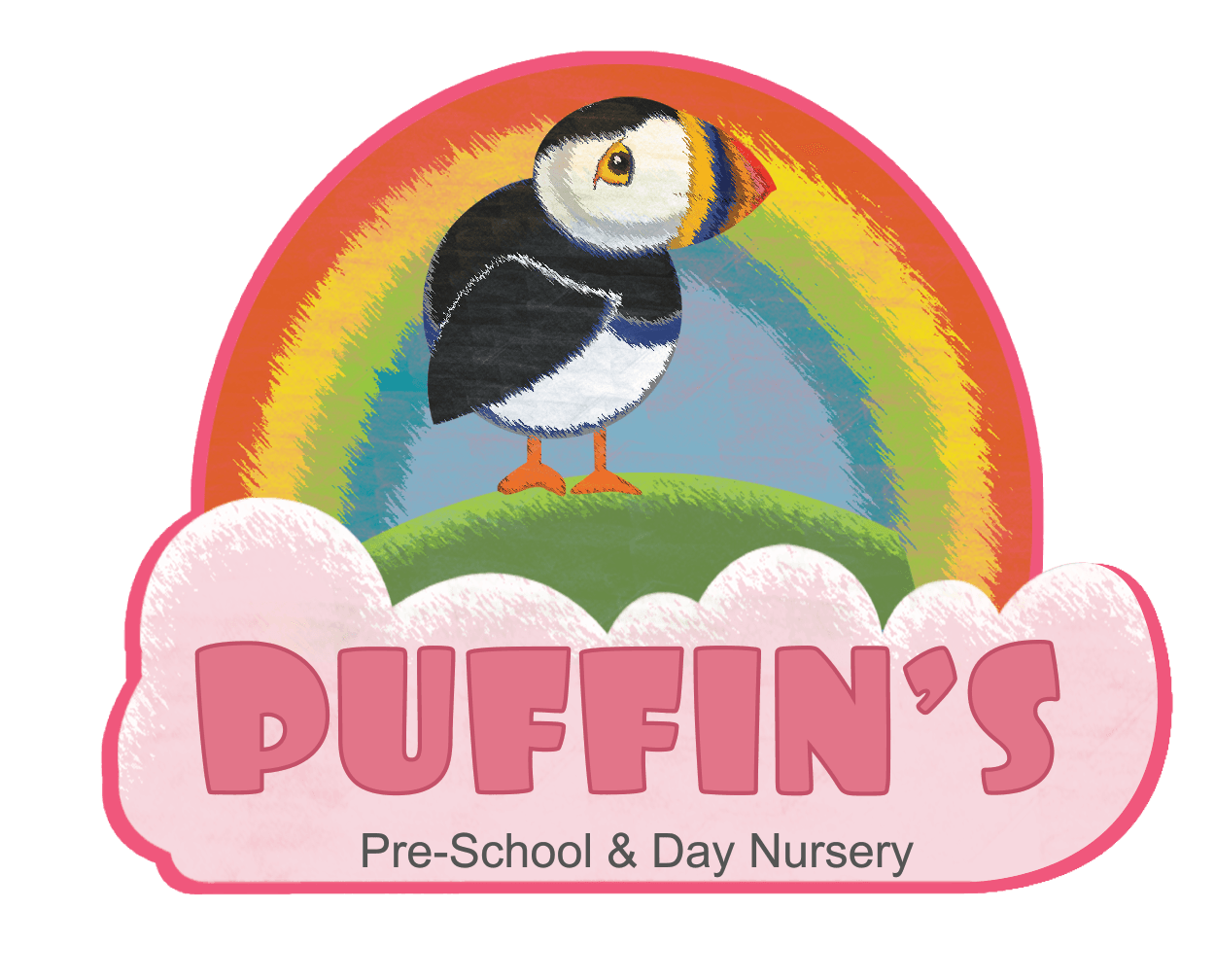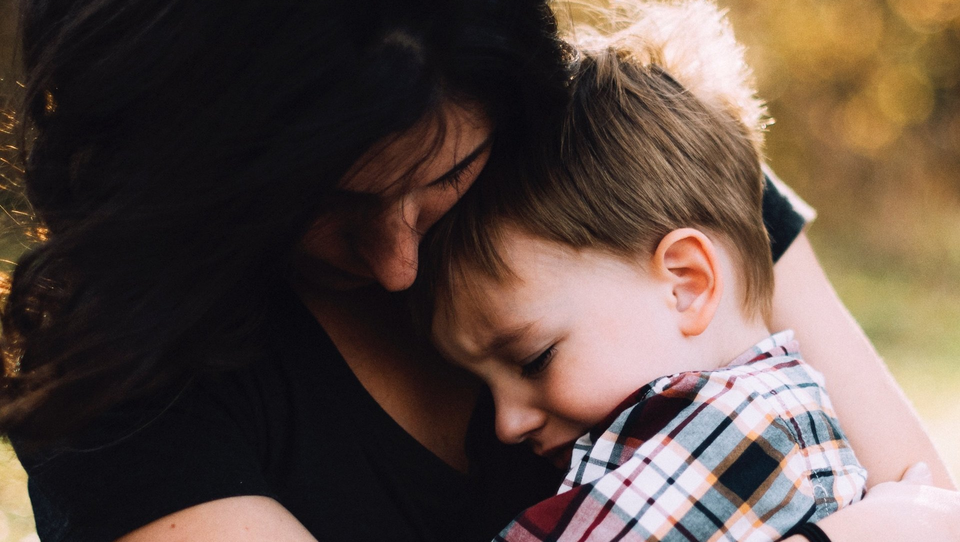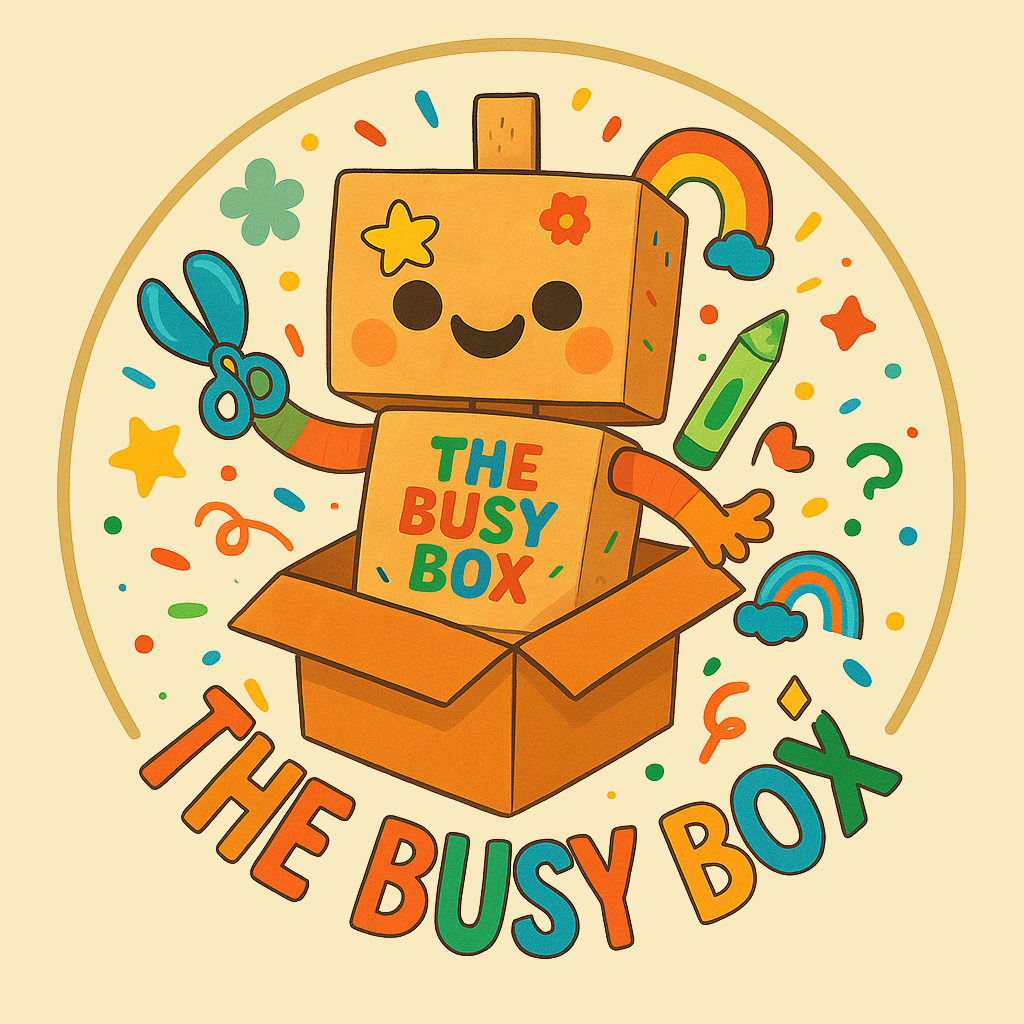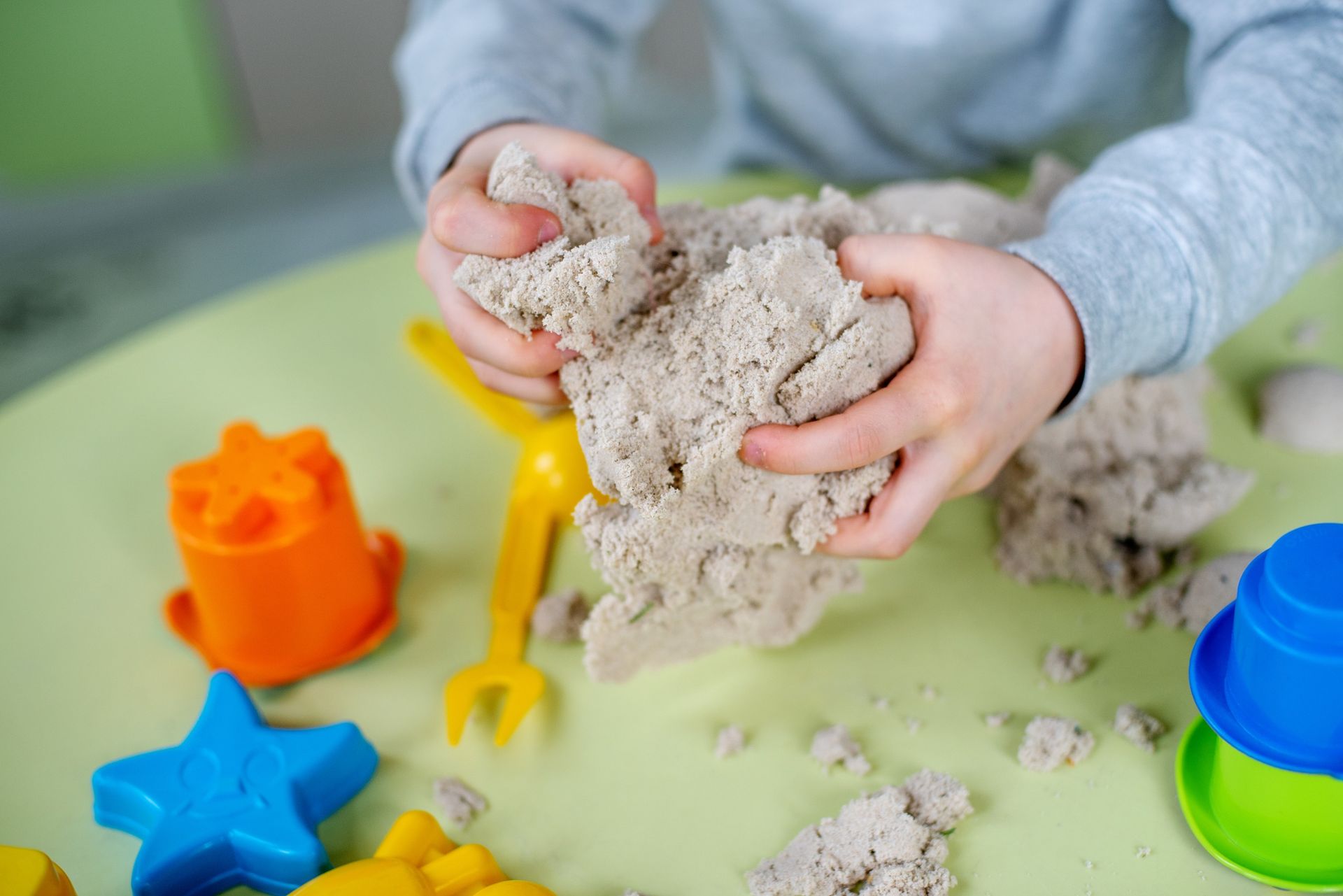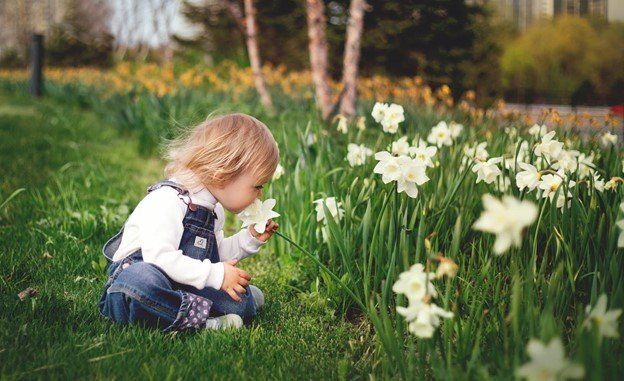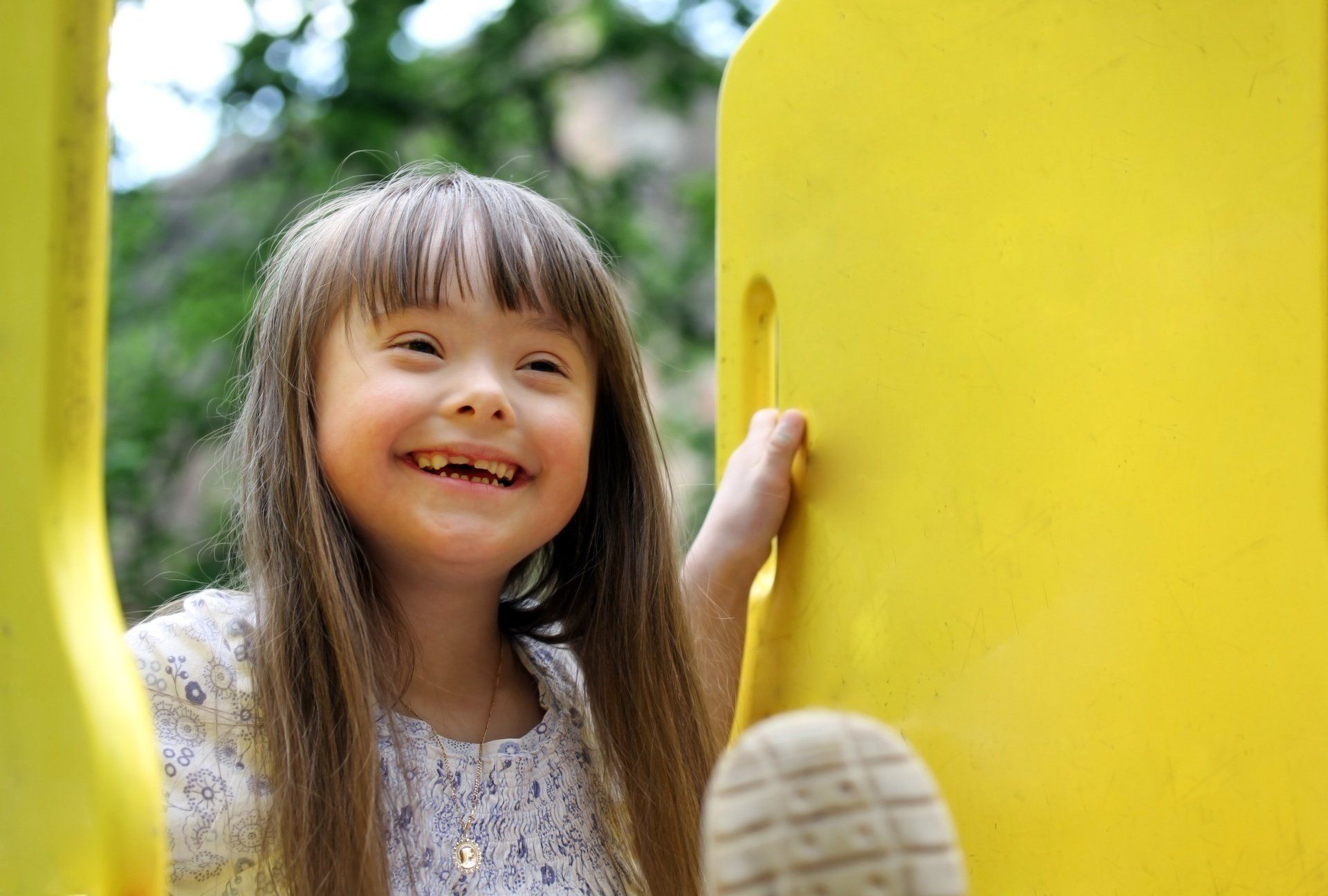Tips to Manage Challenging Behaviour
Puffins • October 28, 2019
Solutions to help you manage emotional outbursts and difficult behaviour
Behaviour that challenges
Tips to manage your child's behaviour:
- Many young children have emotional outbursts, but behaviour can become challenging when it happens frequently or repetitively or it is harmful to the child, the parent or other people.
- All children are different so there isn't one answer. Some of the tips below might help you find a solution that works for your child.
- Carrying out tasks in the same way, or at the same time, every day helps children become familiar with what is expected of them.
- Keep a diary of things that trigger or lead to bad behaviour, how your child responds or behaves and what happens next as a result. This will help to remove the triggers or see where strategies aren't working.
- Help your child develop ways to communicate their emotions. This might include using simple language, objects, picture cues or sign.
- Give your child plenty of opportunities to play and exercise. Research shows that physical activity relieves stress and eases frustrations.
- State what you'd like your child to do, rather than telling them what not to do. Make yourself less threatening, for example by sitting down.
- Initially things may get worse before they get better. It may take your child time to learn a different response. Be patient and persevere.
- Look after yourself. Take your own needs for relaxation seriously, because this can help you stay calm and recharge.
Getting help from others
- Tell people what strategies you're using to manage difficult behaviour so that anyone supporting your child can use the same approach.
- Asking for help is not a sign of failure, but a way forward to support your child, increase your knowledge and feel in control.
- Rule out any medical or dental problems. Your child may be in pain but not have any other way of telling you.
- It can help to talk through things with someone else; this could be a friend, another parent or a professional.
- Find out about attending a parent support group to meet other families with disabled children who live close to you.
- If you are in a support group, how about hosting one of our information sessions focussing on behaviour that challenges?
Who can help?
Does your child's behaviour seriously impact on family life and his or her ability to learn?
Challenging behaviour can be the result of certain medical conditions. Difficult behaviour can sometimes be resolved using simple strategies. You should not feel embarrassed asking for help.
A doctor, health visitor or your child's school might refer you to:
- Specialist parent classes to help you find strategies to manage your child's behaviour, run for parents who have disabled children
- An educational psychologist or clinical psychologist for help with managing the problem
- A paediatrician or psychiatrist for assessment and advice on how best to manage your child's behaviour
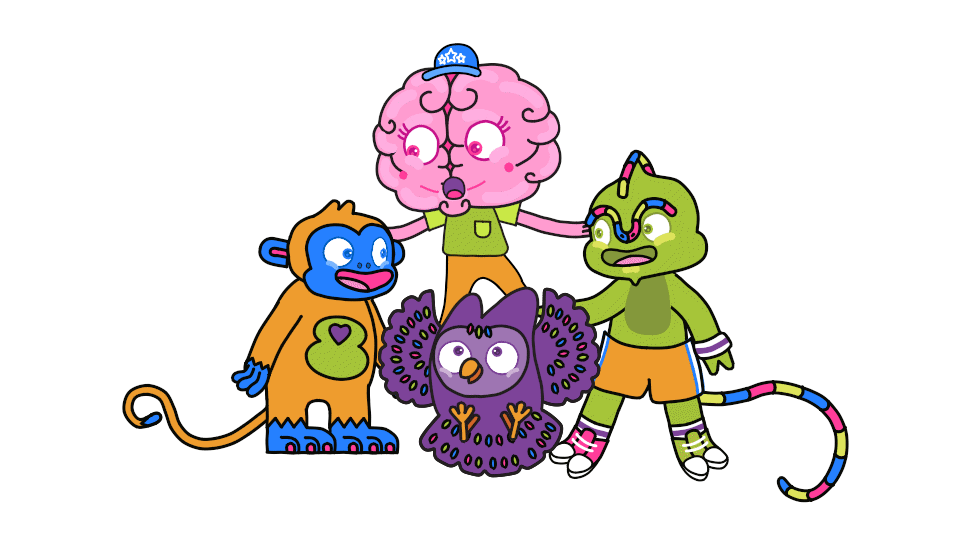
Have you ever wondered why your preschooler melts down when their toast is cut the “wrong” way, or why transitions can feel so big and overwhelming? It’s not just a phase, it’s brain development in action. At this age, your child’s brain is growing rapidly, but it’s still under construction. That’s where The Brain Friends come in- a simple, science-based way to help parents and children understand what’s going on inside those little heads (and hearts). The Brain Friends are four characters that represent key parts of your child’s developing brain. Together, they help make sense of big feelings, tricky behaviour and moments when everything just feels a bit much. Let’s meet them... Lenny Lizard lives in the brainstem, the part of the brain responsible for keeping the body alive and ready to act. He controls basic functions like breathing, heart rate, and movement. When your child jumps, runs, pushes, hides, or hits without thinking, that’s Lenny in charge. Lenny’s job is to mobilise the body quickly in response to discomfort or stress. He doesn’t plan or think things through — he reacts. He’s essential for survival, but sometimes he takes over when a child is just hungry, overstimulated or tired. Mylo Monkey lives in the emotional part of the brain, where the amygdala and hippocampus are. He’s the one who sounds the alarm when something feels big, scary or upsetting. Mylo doesn’t use logic — he uses feelings. That’s why your child might panic, cry or cling when something unexpected happens. Mylo is communicating through emotion. Orla Owl lives in the thinking part of the brain, the prefrontal cortex (which is still developing into their 20s!) She’s in charge of reflection, problem-solving and reasoning. But Orla can only come online when Lenny and Mylo are calm. That’s why young children can’t “just calm down” or talk about their feelings in the moment; their brains haven’t made that leap yet. Brilliant Brain helps connect everything together. He’s in charge of learning and growing through practice. When your child uses the Brain Friends regularly, they’re not just behaving better, they’re building new neural pathways that support emotional development, resilience and independence over time.

It’s a common question, along with asking if they should wear shoes. Find out all the answers below from a blog post we found from the Start Rite website. Babies are delicate and require our utmost care and attention – this goes for their feet too. One of the many things for new parents to think about is whether or not their baby needs socks. While socks may seem like a small detail, they can actually play a role in your baby's comfort and development. Babies are not able to regulate their body temperature as effectively as adults, and their extremities, such as their hands and feet, can become cold quickly. Socks provide an extra layer of insulation, keeping the baby's feet warm and comfortable. This is especially important during the colder months or in air-conditioned environments. In addition to keeping your baby's feet warm during colder days, socks can also offer a degree of protection. When babies start to crawl, they are at risk of injuring their feet, particularly when outside or on very hard and uneven surfaces. But, it is important to note that socks should not be used as a replacement for proper footwear. When your baby is starting to crawl, allowing them to do so barefoot is best. However, if you have cold floors, or the childcare provider you use insists on foot coverings, we’d always recommend a correctly fitting pair of pre-walkers worn with socks.
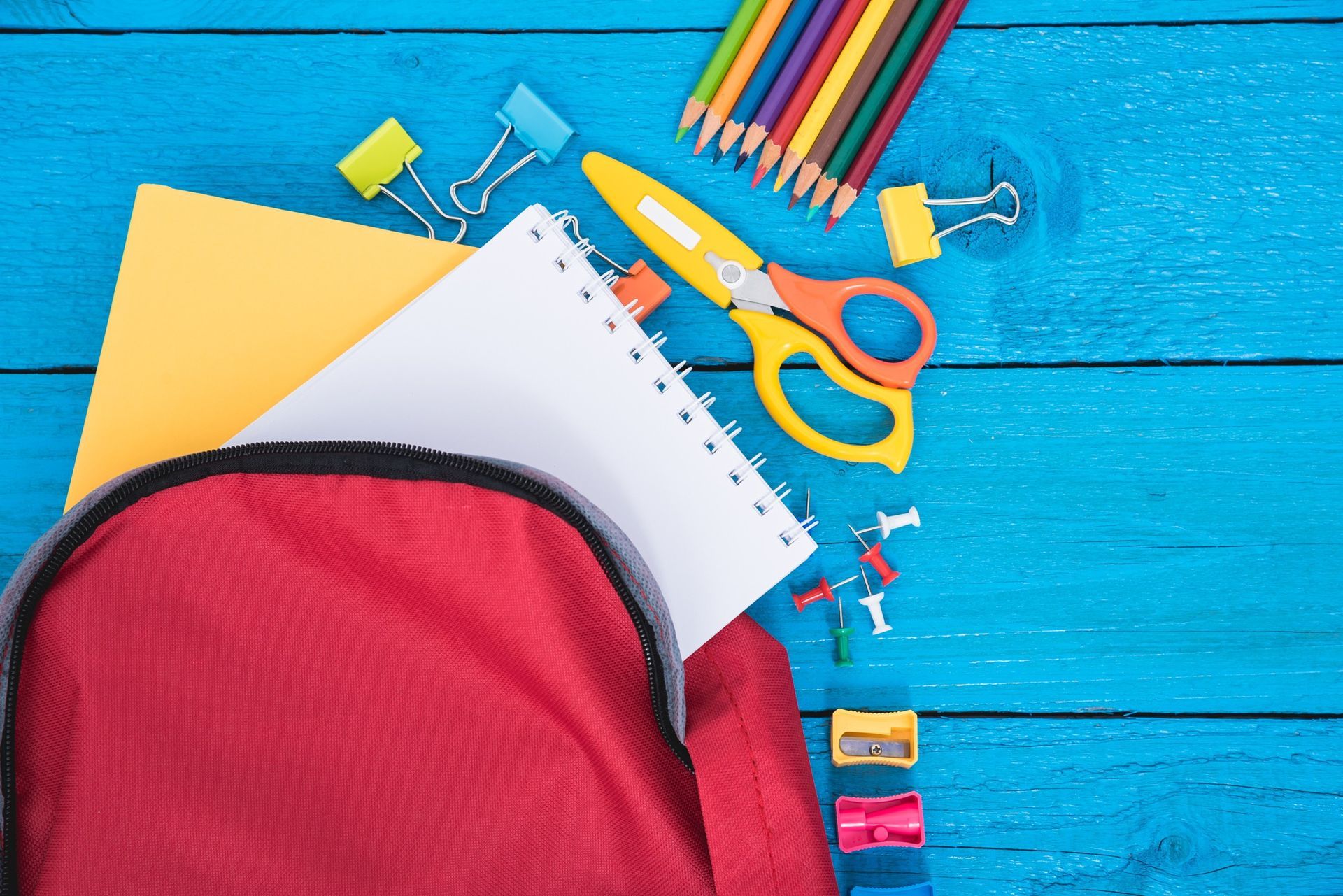
Going back to school at the end of the summer holidays can mean a great big to-do list. Preparing to head back to school involves many things, from buying new school shoes to easing into an earlier bedtime before the first day back. One thing that is often overlooked, though, is the emotional side of going back to school. Please take a look below at ways to overcome anxiety which we found on the Start Rite website.
